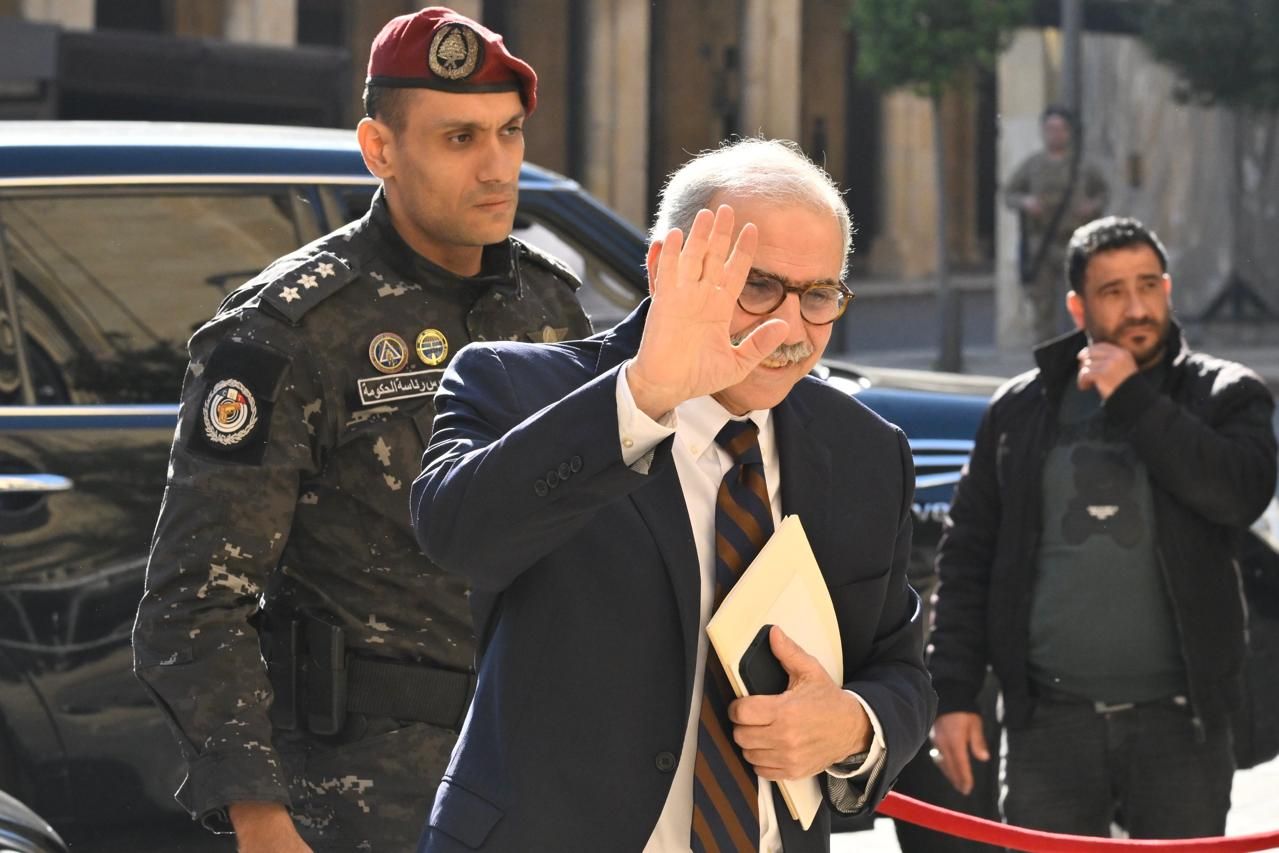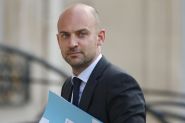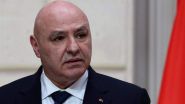
Prime Minister-designate Nawaf Salam wrapped up the fourth and final round of the two-day non-binding parliamentary consultations on Thursday afternoon, in the absence of Hezbollah and Amal MPs.
The consultations with independent parliamentarians included MP Ibrahim Mneimneh, who described Lebanon as being in a “foundational stage” amid the country’s numerous crises. “We cannot start the reform process with half momentum,” he said, urging political factions to turn their differences into constructive efforts. Mneimneh also emphasized the importance of including women and youth in the new government, calling for all components to be represented “without obstruction.”
For her part, MP Cynthia Zarazir highlighted anti-corruption measures as a key priority, advocating for the activation of the judiciary’s role and the adoption of a clear plan to return depositors’ money.
MP Melhem Khalaf echoed the need for institutional reform, stating, “We cannot return to a time of disrupting institutions and authorities.” He underscored the importance of human rights as a cornerstone of the new government, adding that “every citizen should feel that their rights are preserved.” Khalaf also proposed the establishment of a Ministry for Human Rights.
In addition, MP Halima Kaakour voiced her support for the prime minister-designate and the vision outlined in President Joseph Aoun’s oath speech. Kaakour pledged to assist in implementing this vision, emphasizing that the government must ensure productivity and inclusivity.
Meanwhile, MP Najat Aoun Saliba stressed that practical solutions are available and can be implemented when there is a political will, reinforcing the need for decisive and effective governance.
MP Elias Jarade emphasized the need to prioritize judicial independence, stating that “the primary concern is working toward the independence of the judiciary, and the most important thing is that governance is practiced with transparency.”
Later in the day, MP Yassin Yassin stated that his discussions with Salam focused on previous budget laws, judicial reforms, and improving of health and educational services.
MP Neemat Frem stressed the importance of seizing the moment, describing it as a “great opportunity” amid regional changes. Frem, accompanied by MP Jamil Abboud, also discussed the need to reform Lebanon’s electoral law with the prime minister-designate.
MP Firas Hamdan highlighted the critical appointments and formations required of the upcoming government. He also underscored the importance of implementing the ceasefire agreement, adding that Salam assured him of the state’s duty to collaborate with involved parties on reconstruction efforts.
Hamdan concluded by calling for a cabinet made up entirely of figures outside the traditional political class, stressing the need for fresh leadership to steer the country through its current challenges.



Comments